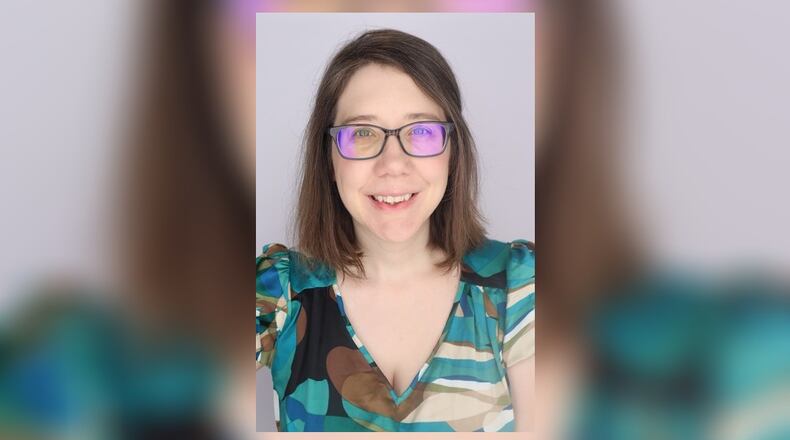I had four miscarriages. I remember the excitement of that first positive at-home test, followed by the confusion, uncertainty and heartbreak when doctors could not find the pregnancy on ultrasound. My losses were “pregnancy of unknown location.” There was a risk they were ectopic, which can be life-threatening to the mother. Test after test — imaging, blood work, chromosome karyotyping for myself and my husband — sometimes painful, often expensive, could not find a diagnosis. I had “unexplained infertility.”
I tried to turn my loss into something that would make a positive impact by dedicating my thesis studies to miscarriage.
In my research, I found a scholar named Norman Brier, who explained the emotional impact of miscarriage well: Losing a pregnancy is difficult because there are no rituals, there’s rarely adequate support and there are no “memories of time together to treasure and grieve.” “Instead, only the dream of a wished-for future can be mourned.”
One thing that lessens feelings of isolation for many women is hearing others’ accounts, including when celebrities tell their stories. For me, it was a 2017 essay by Big Bang Theory star Melissa Rauch. She wrote about her fear of losing another baby; the jealousy (and the guilt and shame that followed that jealousy) that she felt whenever someone announced they were pregnant; and the depression she experienced. I examined her essay, along with three other news articles in which celebrities talked about their miscarriages over recent decades: Actresses Valerie Bertinelli (1987) and Courteney Cox (2003), and model Christie Brinkley (1998). I wanted to understand what messages readers receive about pregnancy loss.
While I can’t generalize my observations, in these four pieces, women’s sadness came across the clearest. However, the articles failed to communicate the full miscarriage experience. They often left silent other emotions, such as anger, self-blame, etc., that many women report. They did not include the medical realities the women surely faced, including whether a cause for their miscarriage could be determined or whether the women required medication or surgery.
Their stories were told on a personal level without broader context or information from sources like doctors. This can generate empathy and a public conversation, which is important for changing social norms on taboo subjects. However, it does not encourage us to think about miscarriage as a public health issue that could be addressed at the societal level with more awareness, education, research or public policy.
Media can influence people’s medical decision-making — more people scheduled colonoscopies after Katie Couric had one on live TV; more people researched breast cancer after Angelina Jolie shared she had a double mastectomy; and many other examples. There is a great power in celebrities sharing their stories of miscarriage through newspapers, magazines and television. It might help a woman realize she needs to see a doctor. Or, just help her feel a little less alone. It did for me.
Meagan Pant is a graduate of the communication master’s degree program at the University of Dayton and a former reporter for the Dayton Daily News.
About the Author
